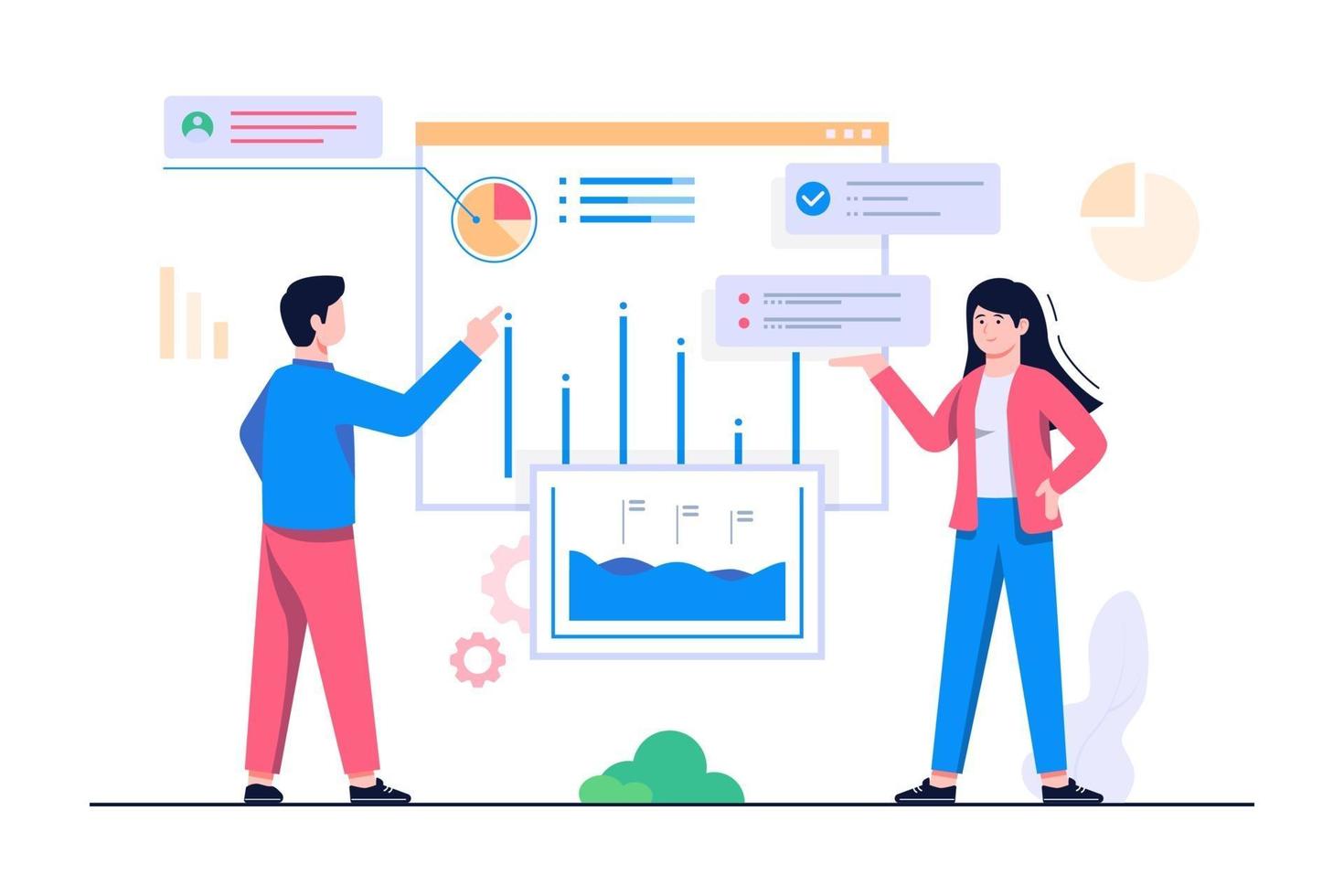The MS Azure cloud provides a variety of services for almost every scenario you may imagine and need. These services are categorized into different cloud computing types such as IaaS, PaaS, and SaaS. That is to know the amount of responsibility and control you need against the time you have to spend to build the things that matter.
As you probably know, cloud computing types refer to the service deployment models, allowing you to select the control level over the information and service types you need to provide. These computing services include networking, analytics, databases, intelligence, storage, and servers over the Internet to deliver economies of scale, flexible resources, and faster innovation.
Interestingly, you only have to pay for the cloud services you use. This helps you reduce the operating costs, easily scale as your business requires change and innovation, and manage your infrastructure more efficiently.
The term “as a service” means a facility, often related to IT, that is available to the users as a service rather than something that has to be installed or operated through a hardware. This means you can access these services through the Internet.
Here are the different Azure cloud service types:
- Infrastructure as a Service (IaaS)
- Platform as a Service (PaaS)
- Software as a Service (SaaS)
Infrastructure as a Service (IaaS)

Azure IaaS is the most basic cloud computing service category. It enables you to rent IT infrastructures like operating systems, networks, storage, virtual machines, and servers on a pay-as-you-go basis.
This Azure cloud service gives you a lot of control over how you run the infrastructures. Beware that you have to be responsible for load balancing, antivirus, and operating systems. For such reason, you and your team can save time while adding business value.
With IaaS, you can access the amount of networking, storage, and computing power you need over the Internet from a third-party provider. This gives you a freedom to access the IT environment that suits your business needs.
Advantages of IaaS
Increased IT Workload Performance and Scale
IaaS enables you to scale globally while accommodating the spikes in resource demand. So, you can offer IT resources to your employees from different parts of the world faster. This also enhances the application performance.
Reduced Capital Expenditures
Since IaaS can eliminate the physical datacenter configuration and management cost, you can have a cost-effective option to cloud migration. The IaaS providers use the pay-as-you-go model, which reduces the maintenance and hardware costs while enabling your IT team to concentrate on the core business.
Increased Supportability, Reliability, and Stability
IaaS does not require you to upgrade and maintain hardware and software and even troubleshoot any equipment issues. The service provider ensures that you will have a reliable infrastructure and meets the service-level agreements with the appropriate agreement.

Improved Disaster Recovery and Business Continuity
As you know, it is expensive to achieve disaster recovery, business continuity, and high availability. These things require a significant amount of staff and technology. However, IaaS will help you reduce the cost with the right service-level agreement in place. It will also help you access data and applications in case of an outage or disaster.
Get and Innovate New Applications to Users Faster
If you plan to launch a new product, IaaS lets you prepare the essential computing infrastructure in minutes or hours instead of days or weeks. Since you do not need to set up any underlying infrastructure, you can provide your application to users faster.
Platform as a Service (PaaS)

Azure PaaS is a cloud computing service that supplies on-demand software application development, testing, delivery, and management. It is designed to help developers create mobile or web apps easily and quickly, without setting up or managing the underlying infrastructure of databases, networks, storage, and servers necessary for development.
This Azure Consulting for cloud computing service provides your business with the essential cloud components for specific software, which offers a cloud-based framework and helps developers build and deploy custom apps. It also provides your business the digital platform necessary for apps and service development and deployment without maintaining the server space, security protocols, and programming software internally.
With PaaS, you can build your products or services faster, simpler, and cheaper. It also enables you to scale your resources with no significant capital outlay. You purchase the necessary resources from the cloud service provider on a pay-as-you-go basis. Then, you can access them over the Internet.
Advantages of PaaS
Less Coding Time
Using PassS development tools, you can cut the time necessary to code new applications with pre-coded app components. These components were built into the platform, including search, security features, directory services, workflow, etc.
Additional Development Capabilities with no Additional Staff
With PaaS, your development team will have new capabilities without adding staff that has the required skills.
Access to Multiple Platform Development
Most PaaS providers offer development options for multiple platforms, including browsers, mobile devices, and computers. This makes it easier and quicker to develop cross-platform apps.
Affordable and Sophisticated Tools
Since you can take advantage of PaaS on a pay-as-you-go basis, you have a better chance of using sophisticated development software and analytics and business intelligence tools that you often fail to afford to purchase outright.

Geographically Distributed Development Team Support
PaaS enables you to access the development environment over the Internet. This means that your development teams work together on a project even if the members are in remote areas.
Efficient App Life Cycle Management
Another great thing about PaaS is that it delivers all the essential capabilities you need for supporting the complete web app life cycle, such as building, testing, deploying, managing, and updating. All these life cycle phases are within the same integrated environment.
Software as a Service (SaaS)

Azure SaaS refers to the method for providing software on demand and over the Internet. It is on a subscription basis, where cloud computing providers host and manage the underlying infrastructure and software applications. These providers also handle maintenance, including security patching and software upgrades.
You can use the application without building it. All you have to do is to configure it, and no need to scale the app or worry about the operating system. While you are having a control over your app, you can work on your business value.
Many software developers prefer PaaS because they have enough control over the application. They can work on it and tweak it based on their requirements without worrying about the operations. They also need not worry about load balancing and operating system patches.
All of the usage history, files, and data are stored at the PaaS vendor’s end within the multi-tenancy cloud, a huge network dedicated to centrally maintained servers shared by all the users. In return, you can access the software on any device and from anywhere. Plus, all data are backed up to the centralized location. However, other software users cannot see or access your information.
Advantages of SaaS
Application Accessibility
SaaS allows you to run your application through an Internet browser. This means you do o need to think about which operating system you should use to access it. Whether you try to run the app on Linux, Mac, or Windows machines, it remains accessible.
Updates and Patches
The SaaS vendor can update the software centrally without causing an adverse impact to your business operations since the application run in the cloud. With the SaaS model, you can prevent the pitfalls of testing that often cause delays in the development cycle and access to innovation and new features. Plus, security updates are applied.
Market Reach
Since SaaS vendors can supply the software service to a broader market, the pricing becomes cheaper and more accessible to businesses of all sizes. It means that users can access the services they cannot afford while improving and expanding their business opportunities, productivity, and services.
Storage and Saving
With Saas, data is saved in the cloud without redundancy. Your employees have a freedom to switch between devices without losing data. No matter which device they use, they can log into a single account.
Data and Analytics
SaaS allows you to capture data easily and provide it for reliable analytics use since everything runs through a centralized platform. You can use SaaS BI software to access business intelligence and reporting tools and visualization to get valuable business operation insights. As a result, you can streamline the workflows and save money.

Scalability
Even the smallest business has access to software tools via SaaS-based apps. If you have to add more users or even reduce them, you can count on SaaS’s scalability. All you need to do is adjust the billing plan.
Conclusion Bear in mind that not all clouds are similar. You also need to realize that not every Azure computing type is right for everyone. That is why you have to be familiar with each service type. Then, ensure to choose the one that suits your needs. IaaS, PaaS, and SaaS differ from each other. Each of them comes with unique characteristics and advantages. However, they may have differences; they still provide the best results while offering better business opportunities. Plus, you can expect ease of use and minimal maintenance.
Concerned about the uptake and implementation of Azure cloud technology? Let the leading Azure experts at EPC Group assist you. Don’t hesitate to reach out if you’re exploring hybrid cloud deployment options.
Related services – Microsoft Government Cloud










